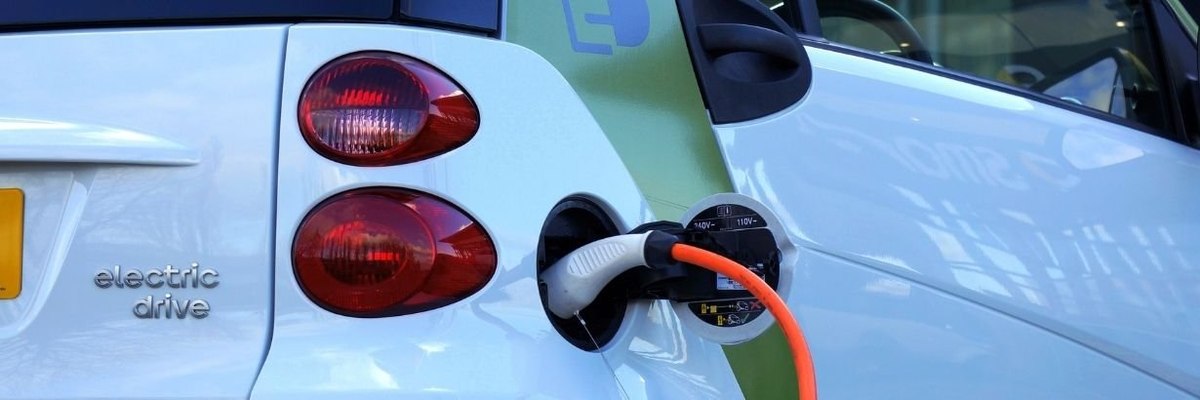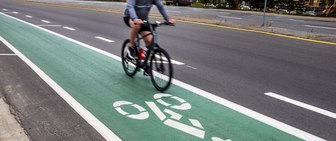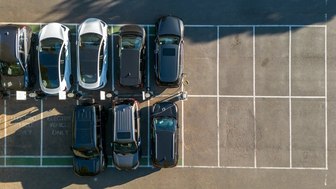Proponents of self-driving cars have often argued that autonomous vehicles can improve safety on the roads by removing the “human error” that causes traffic accidents. But following recent accidents involving Tesla’s Autopilot system (which Tesla is at pains to point out is not fully autonomous), these vehicles – though still in a testing phase - have been subject to additional scrutiny.
Data from YouGov Direct reveals that Americans remain uneasy with self-driving cars. Two-thirds say they would be uncomfortable as a passenger in an autonomous vehicle (67%), and the same proportion would be uncomfortable as a pedestrian in an area where these vehicles were on the road (64%). Nearly as many say they would be uneasy as a driver in areas where self-driving cars were permitted (62%).
Beyond general discomfort, US consumers are more likely to actually feel unsafe around self-driving cars than the reverse – especially in cities. Americans are more open to autonomous vehicles in rural parts of the country: three in ten say they would feel safe knowing that self-driving cars were on the road in these areas (31%), but that still leaves over a third (36%) saying they’d feel unsafe. They are also generally more open to driverless cars on highways and freeways (28%) than they are in other areas.
But nearly three in five would feel unsafe around self-driving cars in urban areas such as cities and towns (57%), and nearly half (47%) say the same about suburban areas and highways/freeways. Some 15% say they would not feel safe in any areas where self-driving cars were on the roads.
Part of this may be wariness over the decision-making of AI systems. Just 18% say they’d trust a self-driving car to make better choices than a human driver in a high-risk situation – while 62% say the reverse.
Whether they’re motivated by safety, discomfort, or simple distrust of autonomous vehicles when compared to a human operator, Americans aren’t yet ready to ride in, walk near, or share the same roads as self-driving cars.
Methodology
YouGov polled 1,200 YouGov Direct users on April 21, 2021 between 5:09 and 6:53pm EST. Data is weighted to be representative of age, gender, education level, political affiliation, and ethnicity. Results are nationally representative of the United States. The margin of error is 4.3% for the overall sample. Learn more about YouGov Direct.
Receive monthly topical insights about the auto industry, straight to your inbox. Sign up today.











